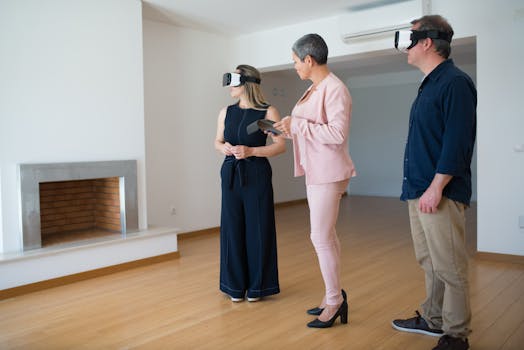
Smart Homes and Smart Living: The Technological Transformation of European Homes by 2025
Smart Homes and Smart Living is revolutionizing the way we live, work, and interact with our living spaces. By 2025, European homes are expected to undergo a significant technological transformation, making our lives easier, more convenient, and sustainable. In this article, we will explore the concept of smart homes, the current trends, and the future of European homes.
Introduction to Smart Homes
A smart home is a residence that has been equipped with advanced technology to control and automate various aspects of the home, such as lighting, temperature, security, and entertainment systems. The primary goal of a smart home is to provide a comfortable, convenient, and secure living environment for its occupants.
Current Trends in Smart Homes
The smart home market is rapidly growing, with an increasing number of homeowners adopting smart devices and systems to enhance their living experience. Some of the current trends in smart homes include:
- Voice-controlled assistants, such as Amazon Alexa and Google Assistant
- Smart thermostats and energy management systems
- Home security systems with cameras and motion sensors
- Smart lighting systems with LED bulbs and color-changing capabilities
Future of European Homes by 2025
By 2025, European homes are expected to be even more technologically advanced, with a strong focus on sustainability, energy efficiency, and convenience. Some of the predicted trends include:
- Increased adoption of renewable energy sources, such as solar and wind power
- Widespread use of smart grids and energy storage systems
- Advanced home automation systems with artificial intelligence and machine learning capabilities
- Greater emphasis on home security and data protection
Benefits of Smart Homes
Smart homes offer numerous benefits to homeowners, including:
- Increased convenience and comfort
- Improved energy efficiency and reduced energy costs
- Enhanced home security and safety
- Increased property value and appeal
Challenges and Limitations
While smart homes offer many benefits, there are also some challenges and limitations to consider, including:
- High upfront costs and installation expenses
- Complexity and interoperability issues with different devices and systems
- Concerns about data privacy and security
- Potential for technological obsolescence and maintenance requirements






